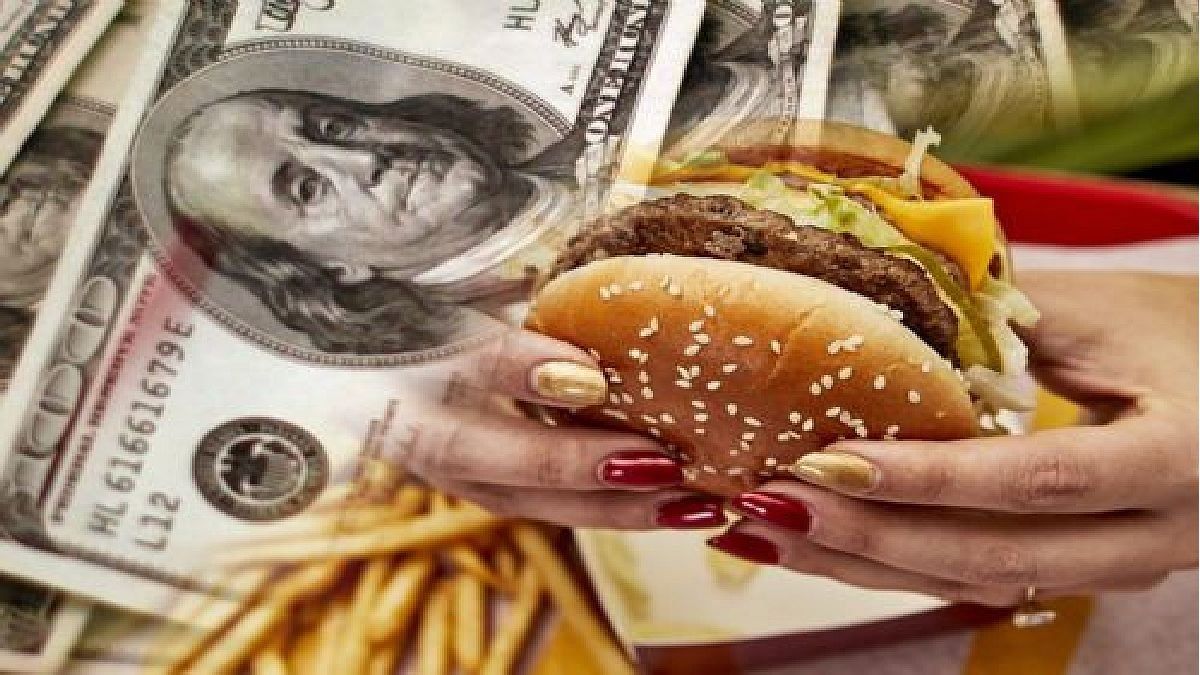In this way, according to the measurement of The Economist, a Big Mac costs $12,950 in Colombia, while in the US it costs $5.81. “The implicit exchange rate is 2,228.92. The difference between this and the real exchange rate, 3,941.99, suggests that the Colombian peso is undervalued by 43.5%,” the report explained.
Likewise, Colombia went from third to first place among the most devalued currencies in Latin America, surpassing the Mexican peso, in second place, with a devaluation of 42.5%; and the Peruvian sol, in the third, with 42.1% depreciation. However, the Colombian peso is not the most devalued in the world. As detailed in this year’s Big Mac Index, the Russian ruble was the most depreciated currency in the world with a 70% drop; followed by the Turkish lira, with a devaluation of 67.9%; and by the Indonesian rupiah, with -59.3% against the dollar.
In the case of Argentina, it ranks 9th on the list with a devaluation of 26.2% against the dollar.
web_globo_07022022.jpg
At the opposite pole, the Swiss franc presented, on the contrary, a revaluation against the dollar of 20.2%, followed by the Norwegian krone, which appreciated 10%, while the Swedish krone, although it devalued like most of currencies in the world, did so to a lesser extent, with a fall of 0.43%.
The index, which has been published since 1986, is based on purchasing power parity (PPP) theory, which is based on the notion that, over time, exchange rates should move towards the rate that would equalize the prices of a Big Mac in any two countries.
Devaluation is the disappearance of the nominal value of a current currency against other currencies. This devaluation of a currency can have many causes, among them a lack of demand for the local currency or a greater demand for the foreign currency. The above may occur due to lack of confidence in the local economy, in its stability, in the same currency, among others. The opposite process to a devaluation is known as revaluation.
Negative consequences of a currency devaluation are the possible increase in inflation, the loss of purchasing power of employees. As a consequence of the increase in inflation, all people who receive fixed income in local currency see their purchasing power diminished, savings in local currency disappear, and real wages lost.
The main positive effects that a devaluation could have would be that by devaluing the national currency, exports become more competitive compared to those made with higher value currency, international tourism can be increased, since foreigners from countries where their Money is worth more is attractive to them and can improve domestic consumption of national products if wages are revised upwards, since imported products tend to become more expensive.
Source: Ambito
David William is a talented author who has made a name for himself in the world of writing. He is a professional author who writes on a wide range of topics, from general interest to opinion news. David is currently working as a writer at 24 hours worlds where he brings his unique perspective and in-depth research to his articles, making them both informative and engaging.




